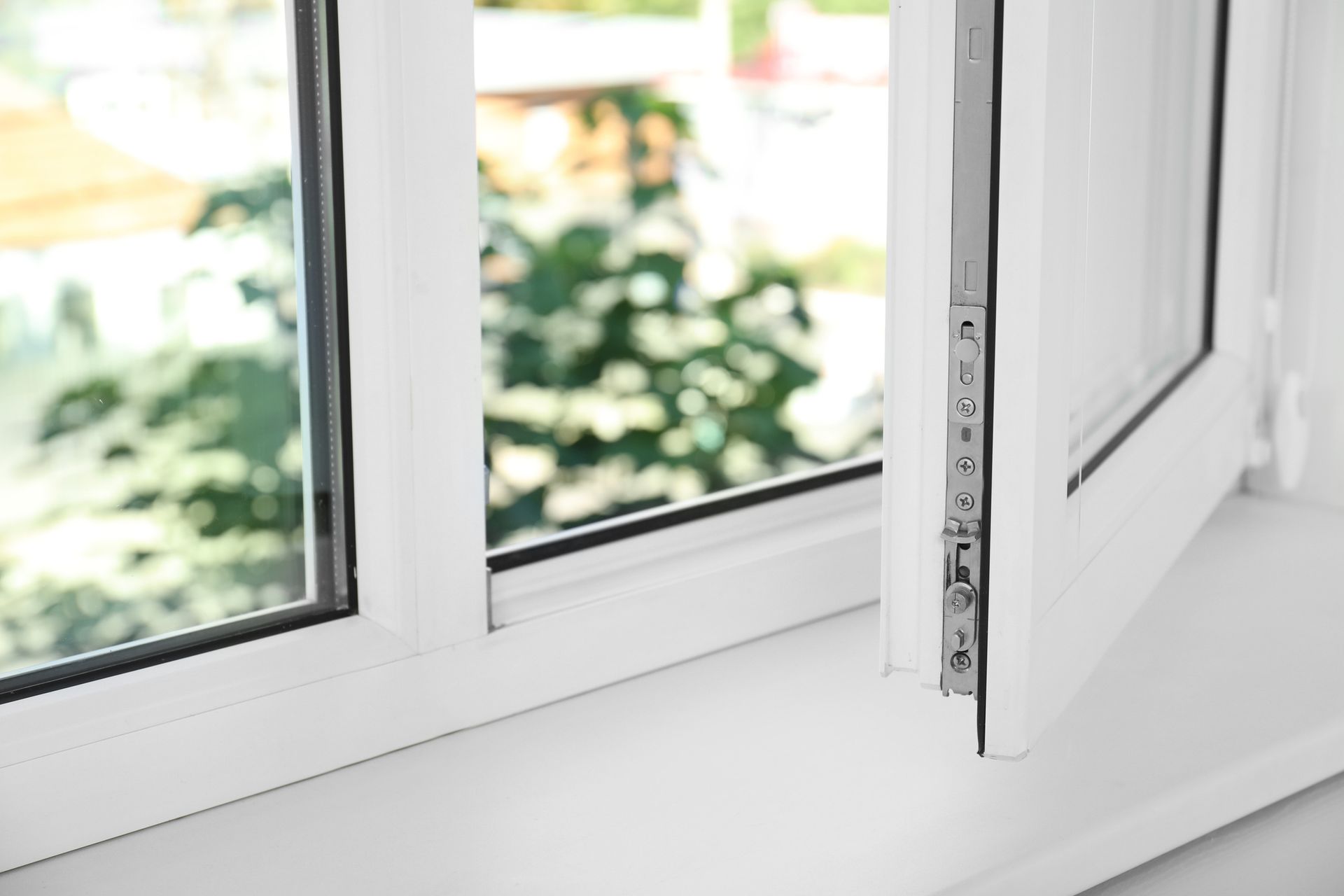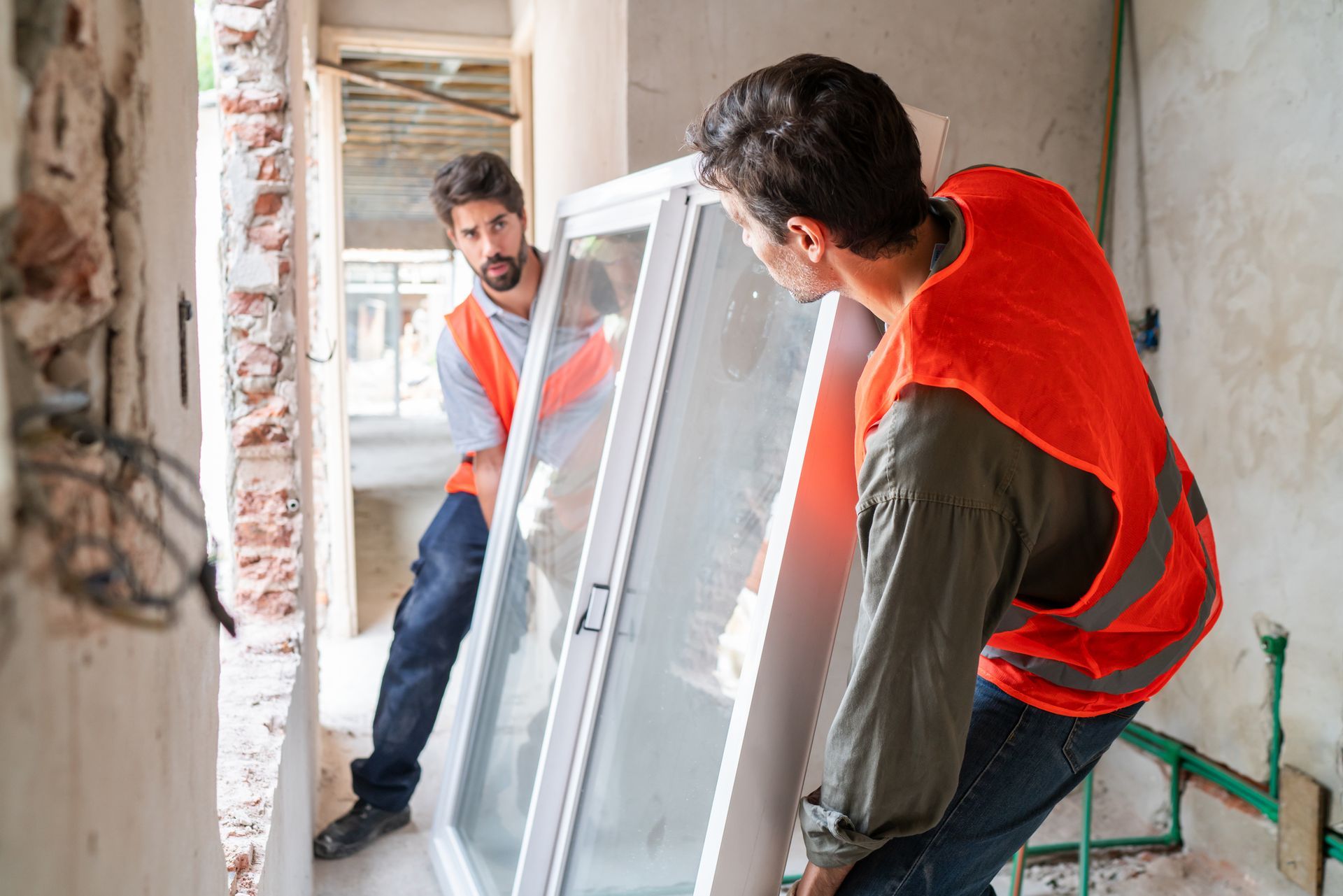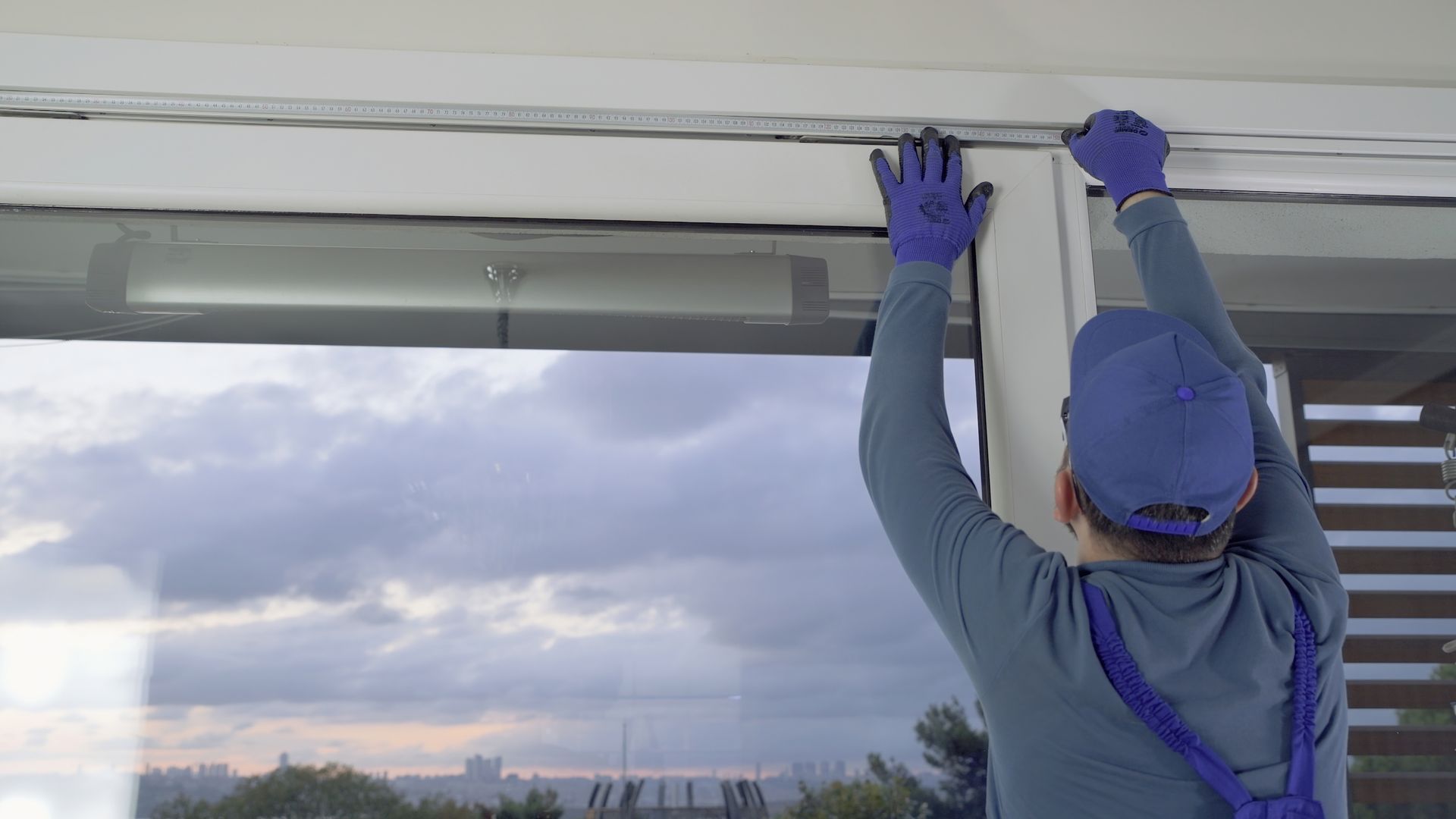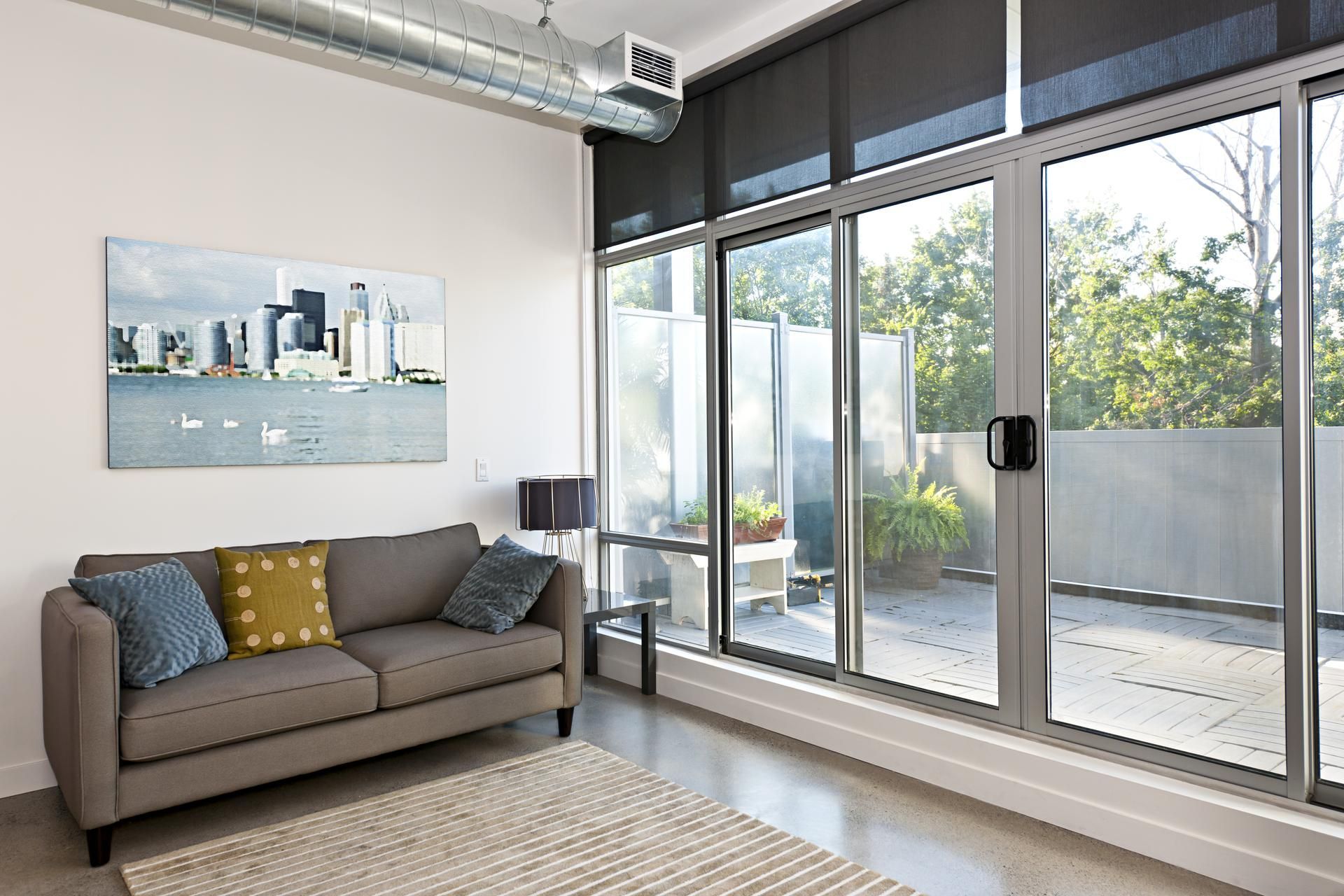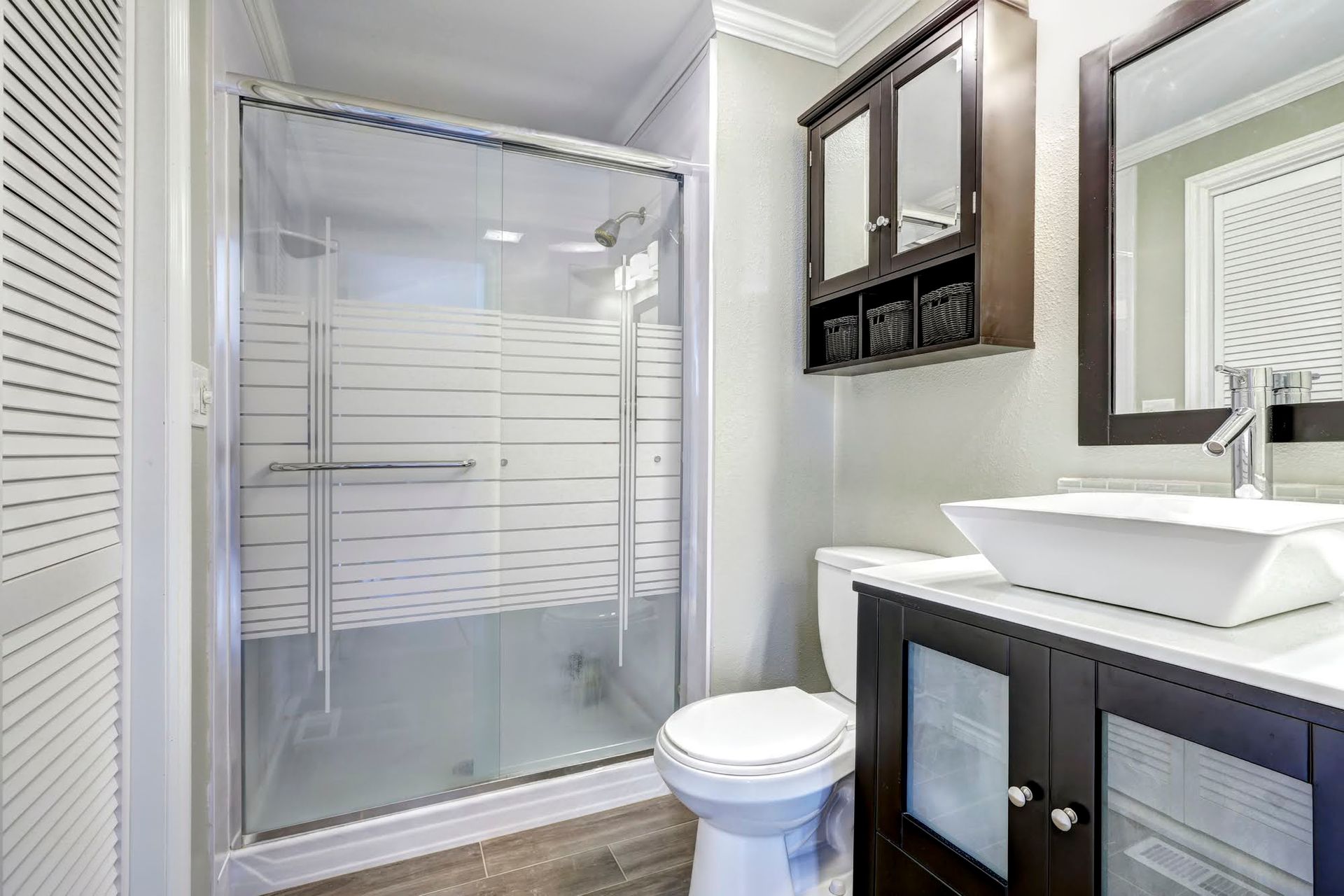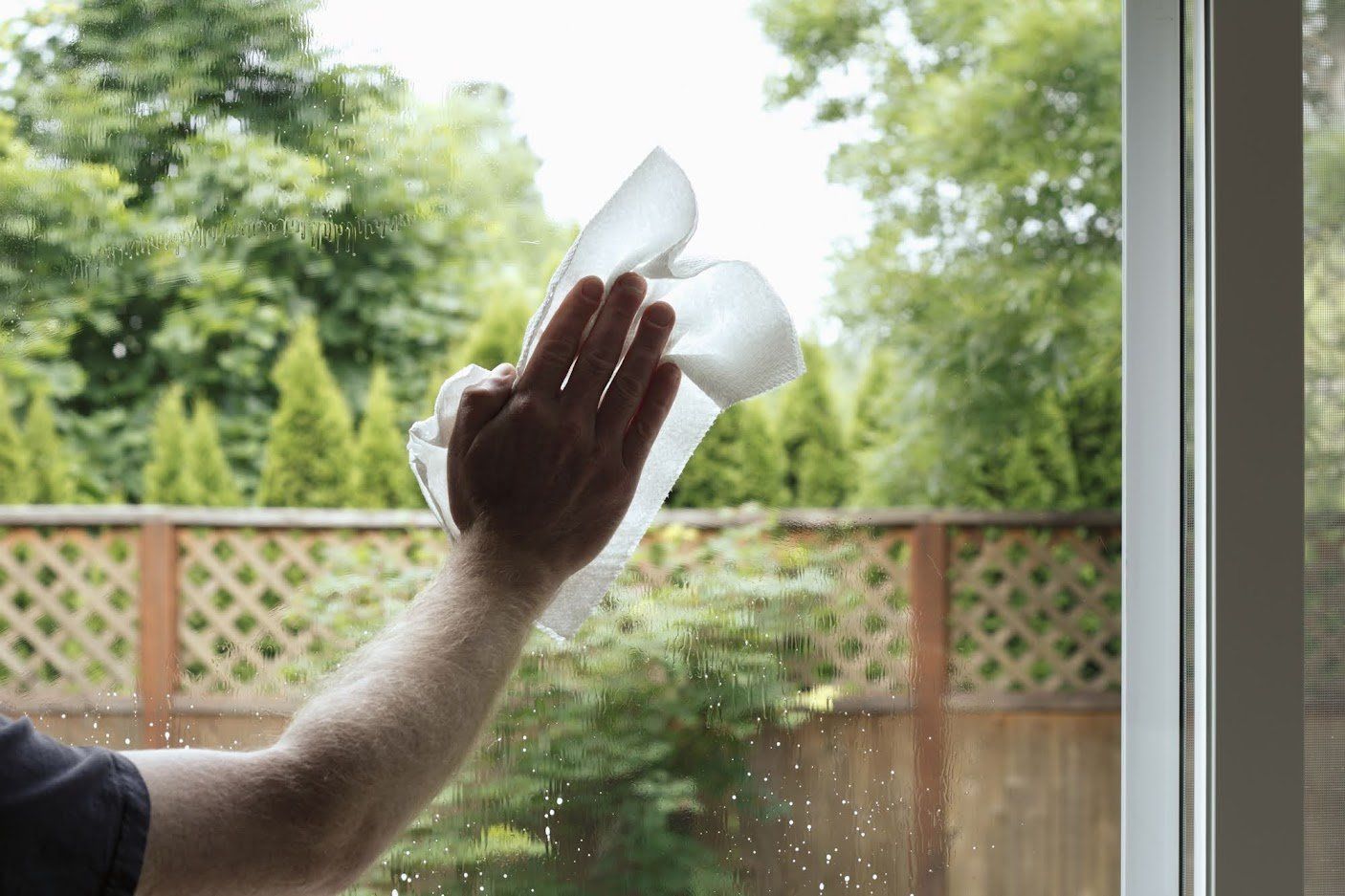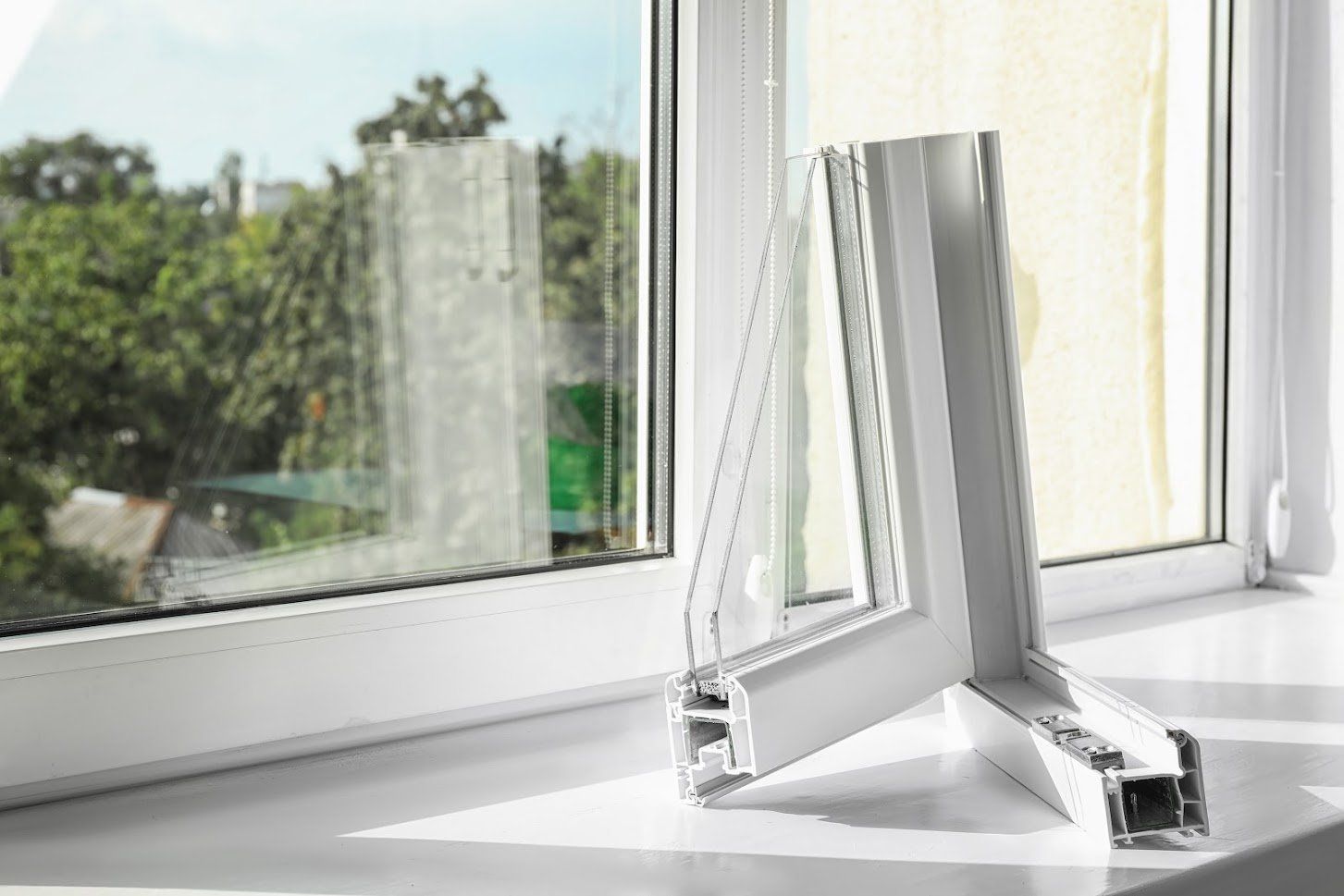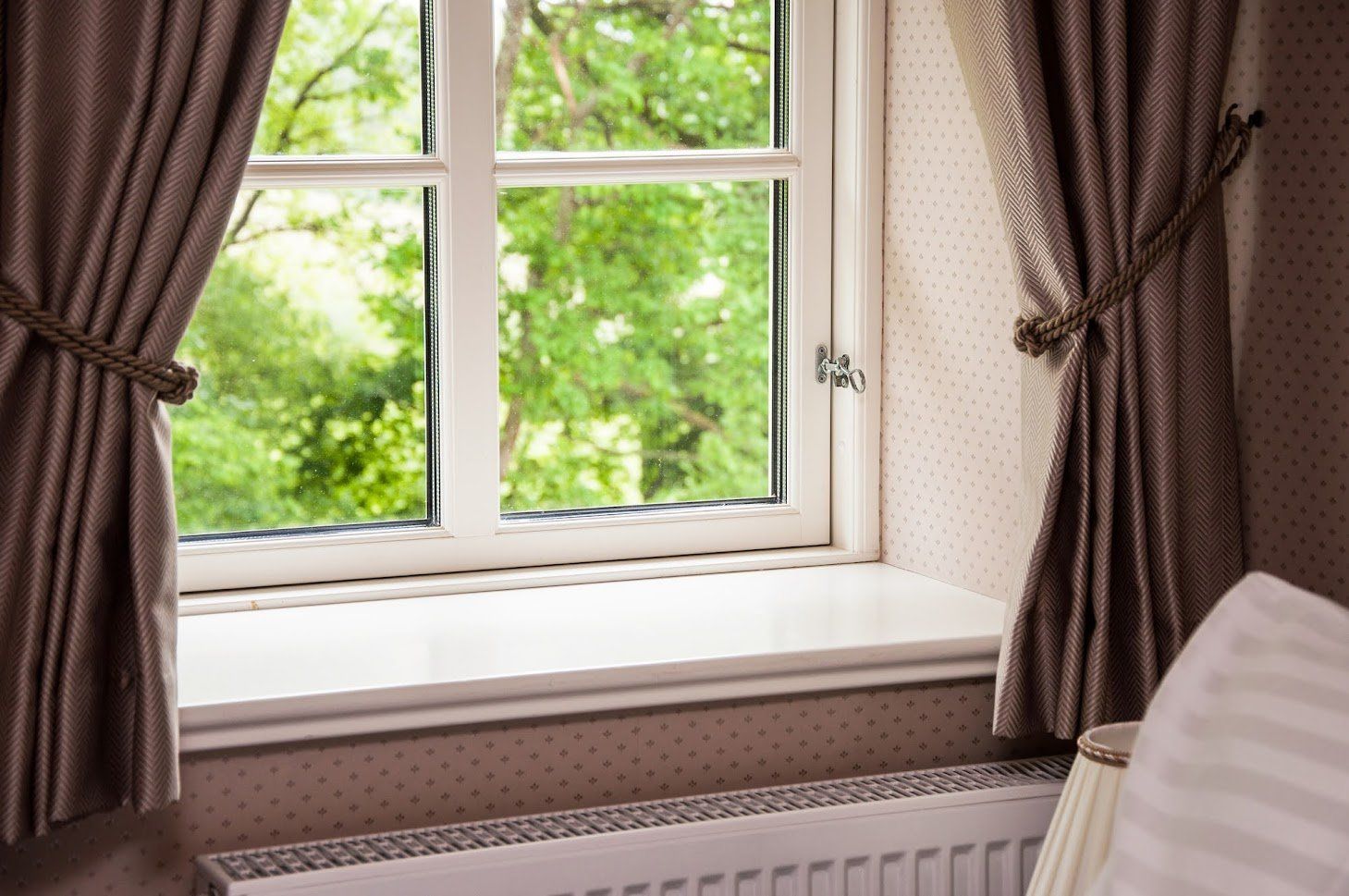The Top Questions to Ask Before You Buy Replacement Windows
Admin • March 9, 2020
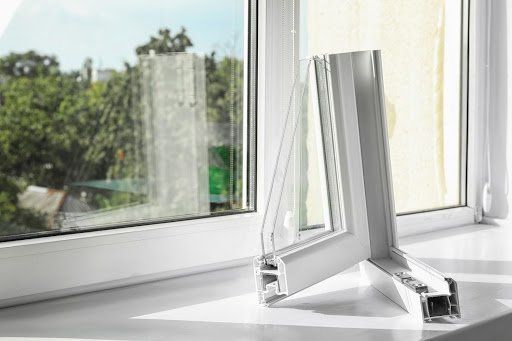
Are you ready to replace your home's windows? Before you plan, buy, or install replacements, take a look at the questions you need to ask.
What Type of Windows Are the Best Replacements?
No universal answer exists for this question. Several factors, including your preference, the home's style, and the home's location, contribute to the choice you make.
The most common window styles include casement, double-hung, picture, bay, and slider types. Along with the shape, size, and way the window opens, you have choices with frame materials. Aluminum/metal, composite (made from particleboard, laminated strand lumber, and other wood products), wood, fiberglass, and vinyl are popular picks for homeowners.
Whether you choose a casement window with a vinyl frame or a double-hung style with a wood frame, you also need to select a type of glass. Multi-pane glass provides added insulation. This can reduce energy costs and keep your home comfortable.
What Is the Lifespan of the New Window?
You have chosen replacement windows, and you are ready to schedule an installation. Even though it may seem like you are getting the best deal possible, you need to ask about the lifespan of the replacements first.
A budget-friendly option that gives you a house-full of windows right now is not cost-effective if you have to replace the replacements in the not-so-distant future. Different types of windows have different life expectancies.
According to the International Association of Certified Home Inspectors (InterNACHI), the average vinyl or fiberglass window can last from 20 to 40 years. Aluminum and aluminum-clad windows have a shorter lifespan of 15 to 20 years. Along with the material makeup of the window, you also need to explore the quality of craftsmanship.
A higher-quality window is typically a more expensive option. Even though this might cost you extra right now, in the long term, it could save you on repair, replacement, and energy costs down the road.
What Type of Warranty Do You Get?
A lifetime warranty does not always mean the windows (repairs and replacements) are completely cost-free. Read the window's warranty completely before you make a choice. If you are not sure what the warranty includes, talk to the contractor. Warranties vary, based on what the manufacturer and the installation contractor choose to cover.
The lifetime warranty might only cover some parts or repairs for damage under specific conditions. A manufacturer's warranty may also not cover labor costs or may dictate who fixes your window (such as an authorized dealer). Make sure you are comfortable with the warranty and what it covers.
If you are not comfortable with the warranty, you may want to consider a higher-quality window. The better the quality, the less likely the window is to need repairs or a replacement.
How Many Windows Require Replacement?
Should you replace all your windows, a few, or only one? The answer to this question depends on several factors. Your budget, the existing windows, your home's exterior aesthetic, and your future home improvement needs all play into this decision.
While you can replace one or a few windows, this may result in an uneven aesthetic. To avoid a mismatched home exterior, consider replacing one side of your home at a time (if you cannot or do not want to replace all the windows). A side-by-side approach can save you money right now but still give you the option to finish the job later.
Even though you might want a completely uniform exterior, choose quality over quantity. Do not sacrifice energy efficiency or longevity for a few extra windows.
Do you need replacement windows? Contact Bob's Glass
for more information.

